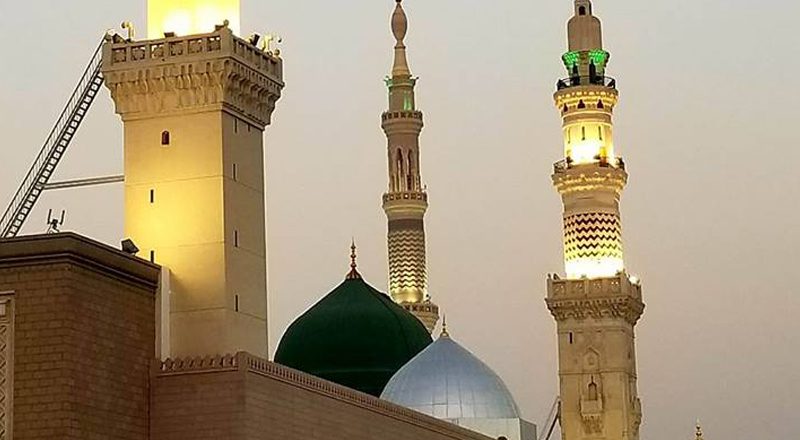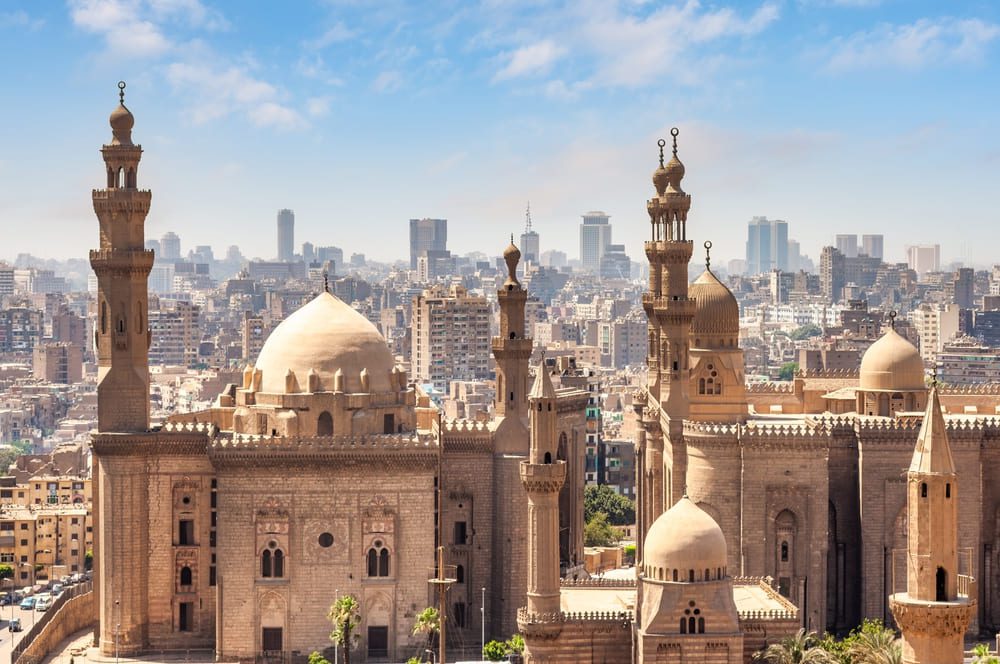Why did Allah send prophets and messengers from time to time? Are they humans or celestial beings? Is belief in the prophets an important part of the Islamic faith? Let’s read more to discover.
Concept of Prophethood in Islam
Belief in Allah’s prophets and messengers is one of the core parts of the Islamic faith. Without this, a person cannot be a true Muslim. Allah chose people of exalted character and conduct for this elevated status. They were normal humans like us but demonstrated exceptional resilience and devotion to Allah. Allah made all the prophets go through hard tests in their lives to make them strong enough to lead the people. With their unwavering resolve and commitment, the prophets helped develop the societies to which Allah sent.
Duties of Prophets and Messengers
From time to time, Allah sent prophets and messengers for the guidance of people. Allah sent prophets to every nation in the world since Allah promised that he would not hold any nation accountable to whom he did not send a prophet for guidance. Here are some of the roles of prophets in Islam.
Belief in the Oneness of Allah
As the human population grew, people forgot Allah’s message and deviated from the Right Path. They indulged in erroneous activities like worshipping idols and making false gods like the sun, moon, and stars. Hence, Allah sent his prophets to bring the people to worship one God, that is Allah. When Hazrat Ibrahim (AS) was born, people were doomed to the darkness of polytheism. However, Hazrat Ibrahim (AS) exhibited noble character and wisdom. From a very young age, he began searching for the One True God. Hence, he found Allah and Allah gave him the glad tidings of prophethood.
Social Etiquette
This is one of the most important roles of the prophets in Islam. When people deviate from the straight path, they forget morality and social etiquette. They indulge in all kinds of vices including lying, deceit, gambling, usurping the rights of others, and unfair trade practices. Allah sent his prophets for the social revival of people. During the time of Hazrat Moosa (AS), the Coptics severely mistreated Bani Israel. The city of Nineveh, where Allah sent Hazrat Yunus (AS) gained prosperity at the cost of the lives of innocent people. Bloodshed, cruelty, and dishonesty were common. Allah sent Hazrat Yunus (AS) to correct the social behavior of the people of Nineveh. Similarly, when Allah sent our beloved prophet, Muhammad (PBUH), the whole Arab world was plunged into the darkness of ignorance. Hazrat Muhammad (PBUH) completed the Islamic faith and made Madina the first Islamic state in the world.
Guidance to the Straight Path
Allah entrusted the prophets with the strenuous task of guiding the people to the Straight Path. All the prophets came to the world with the message of Allah’s unity. Allah has no partners. He is eternal. Everything else is meant to perish. Allah will hold everyone accountable for their deeds on the Day of Judgment. Therefore, people must adhere to the Straight Path and attain bliss in the Hereafter.
Allah blessed some of the prophets with holy books and written scriptures. Hazrat Dawood, Hazrat Moosa, and Hazrat Isa (AS) were among those to whom Allah gave holy books. All the books contained Allah’s words. However, today, the content of these books is distorted. Lastly, Allah blessed Prophet Muhammad (PBUH) with the Holy Quran which stands as the ultimate source of guidance till the Day of Judgement. The Holy Quran contains everything a person must do to attain goodness in both worlds.
Model of Excellence
All the prophets in Islam exhibited the highest standards of morality, righteousness, and dignity. They went through severe trials and tests. Hazrat Moosa (AS) was exiled from his city, Hazrat Yusuf (AS) was thrown into a well and later on, in the dungeon, Hazrat Yunus (AS) spent time in the belly of a whale. Hazrat Ibrahim (AS), also known as Khalil Allah was tested with his family on multiple occasions. Allah loved his spirit of sacrifice so much that he made it sunnah for all Muslims to follow on the auspicious occasion of Eid-ul-Adha. Lastly, our beloved prophet Muhammad (PBUH) life shows how patient and steadfast he was. He delivered the enormous task of completing Islam despite so many hardships.
Allah made them exemplary personalities for us to follow. All prophets’ stories contain lessons that come what may, we must not deviate from Allah’s path.
Prophets in Islam in the Light of the Quran
Allah mentions his prophets in several places in the Holy Quran. Some surahs are dedicated to certain prophets such as Surah Yusuf, Surah Yunus, and Surah Muhammad. The Quran mentions twenty-five prophets by name. Allah affirms in the Quran that all the prophets he sent are equal and Allah does not differentiate between them. Therefore, he commands the Muslims to believe in and respect all the prophets he has sent to the world.
The Virtues of Prophets and Their Enduring Legacy in Islam
Thus, the prophets in Islam were honest, truthful, intelligent, just, and highly virtuous men who spread Allah message to the people. The process of sending messengers ended with Prophet Muhammad (PBUH) when Allah perfected Islam as a religion for mankind to follow. The lives of the prophets contain invaluable wisdom and learning for us to implement in our lives. So we must follow their examples and respect all of them.



